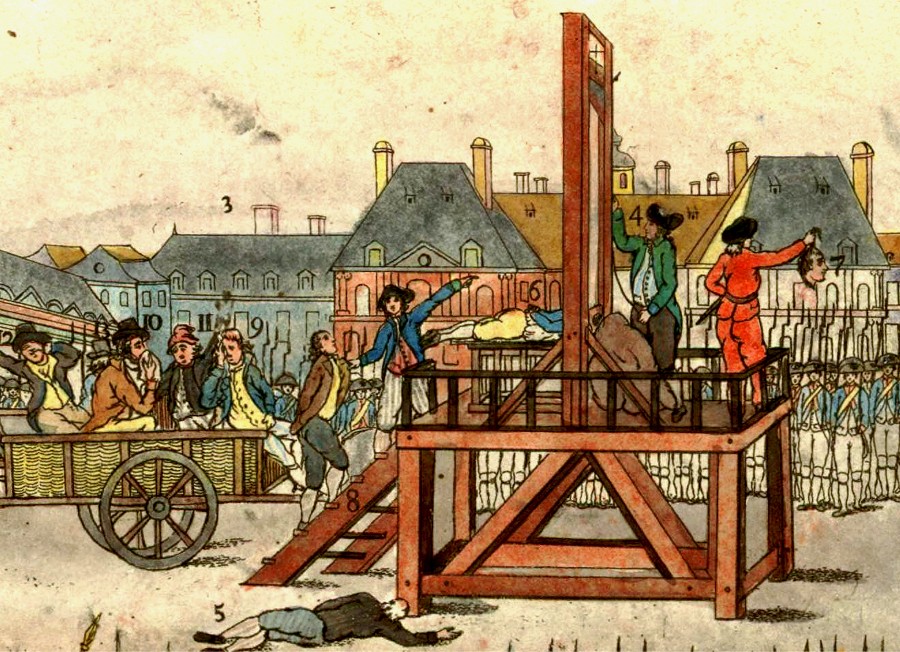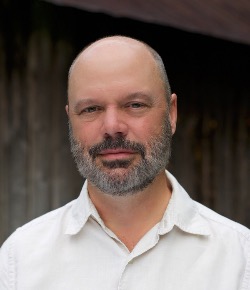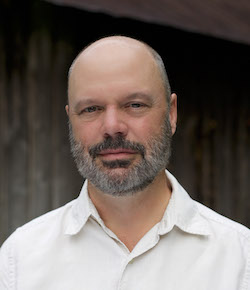
Eventually, Everyone Loses
The French Revolution started with reasonable ideals. People who had been exploited and oppressed found their voice and threw off an oppressive system. The time for a new government and a new kind of society had come.
Social change is always messy, but this one got messier than most. About four years after the Revolution began, Robespierre and the Jacobins unleashed “the Terror,” a period of revolutionary zeal that escalated emotions and turned virtually everyone in society against each other.
The guillotine was used liberally to cut off every voice that didn’t fit the revolutionary agenda and the prevailing narrative.
The rhetoric of virtue was wielded as a weapon against everyone who didn’t embody it. And no one embodied it completely. As it turned out, the “enemy within” was everywhere — even in the hearts of those who tried to hunt the enemy down.
The Revolution accomplished some good things. The Terror that followed it ruined lives, destroyed families, and corroded society.
Guillotines aside, these dynamics of change sound a little too familiar. Apparently, we didn’t invent the cancel culture. The French traveled that road and were scarred for years.
‘Cancel’ as a Cancer
There’s a lot in our society that needs to be corrected, and bringing injustices and biases to the surface can be extremely important. But only if it is done with grace and an eye toward reform.
The cancel culture emerging today isn’t about reformation. It’s about retribution, an unhealthy purgation at the expense of decency. Even some of our most progressive voices have recognized in an open letter that it is “all too common to hear calls for swift and severe retribution in response to perceived transgressions of speech and thought.”
A desire for radical change — in itself, not a bad thing — is turning “freedom of expression” into “don’t you dare say anything that doesn’t fit our agenda.” That’s not a public discourse. It’s a public shaming ceremony.
People are being castigated and fired for a single, ill-advised comment they made years ago, no matter how much they’ve changed and regretted those words.
Professors are being terminated for opinions and peer-reviewed research that don’t fit the narrative, even at institutions that boldly tout their “academic freedom.”
Editors are being replaced for publishing controversial op-eds by elected officials, in spite of their paper's long and proud history of publishing unpopular (and often wrongheaded) opinions.
Coaches and athletes are being outed for politically incorrect statements, sometimes by members of one minority who then turn around and slander another minority.
The cries that accompany these accusations is not, “I disagree," or "Please correct them.” That would be understandable. Instead, it’s, “Expose them, silence them, shame them, and shun them.” For some reason, people who have long felt the weight of injustice are making the mistake of unjustly punishing the people they resent. Which makes them an awful lot like the people they resent.
Like a cancer that turns against the body’s own cells, a program of retribution eventually destroys the whole organism.
Correction, not Cancellation
We need a correction culture. No argument there. It’s important to have these kinds of discussions and seek reform. It’s healthy to point out widespread abuses and biases and seek change. It’s not inappropriate to protest and replace leaders who are willfully, stubbornly perpetuating the problems — or to replace flags or statues that symbolize them. Societies are always in a process of deciding what, and what not, to celebrate. Shouldn't be a big deal. A correction culture allows for all of that.
But we're also seeing an insidious, reactive movement to have every person who has ever said or done anything wrong shamed, shunned, and removed from a position of influence — or even just a regular, uninfluential position. That makes the unfortunate statement that this person has not changed and never will and is therefore unforgivable and irredeemable.
From a generally human perspective, that’s unsustainable. It majors on the flaws of select people and misses the ones inside every human heart. It separates society into “us” and “them,” which is essentially the root of the problem.
From a biblical, authentically Christian perspective, that violates the law of love. We are called to cover people's shame, not to humiliate them; to heal people, not to open up the wounds and make them deeper; and to seek reconciliation, not cut off the offenders. Love covers a multitude of sins (1 Peter 4:8). It’s patient and kind and keeps no record of wrongs (1 Cor. 13:5). We are to restore transgessors in a spirit of gentleness and humility (Gal. 6:1) and speak the truth in love (Eph. 4:15), not in vengeance.
You don’t win people over by getting them fired or casting them outside of the society you want to create. That magnifies resentments and perpetuates the friction. You win people over by showing them a better way and even insisting on it when necessary.
That’s what a correction culture does. A cancel culture just eats away its insides one bite at a time.
What Goes Around . . .
In fact, this is how the terror phase of the French Revolution played out. In the end, Robespierre was undone by his own policies. His vision of an ideal society conflicted with other people’s vision of an ideal society, and he became a casualty of the same tactics he had imposed. The man who led social purges was purged by the fall of a guillotine’s blade.
That’s the problem with a cancel culture. It presents an ideal and purges everyone who doesn’t live up to it. And since no one perfectly lives up to it, anyone can eventually be purged.
That never leads to the justice we seek. It’s an unending process that keeps creating more victims. None of history’s inquisitions has turned out well.
Justice is a biblical value, and it’s high time we pursue it with passion. But not by simply flipping the script. It’s accomplished by vigorous defense of the oppressed, firm but patient correction of oppressors, and a new vision for transforming lives — all of them — with a touch of humanity and heavy doses of divine wisdom, power, and love.


